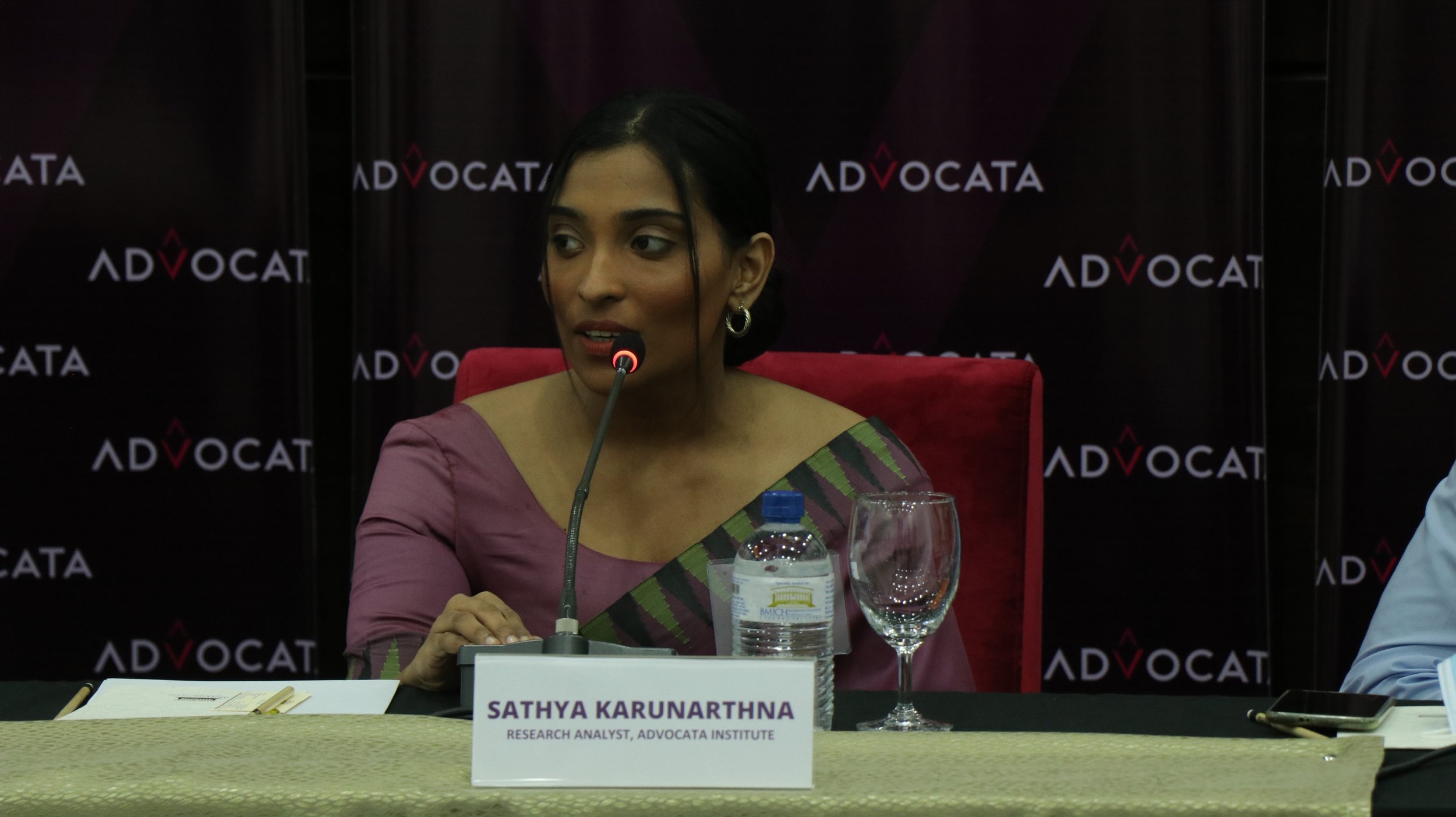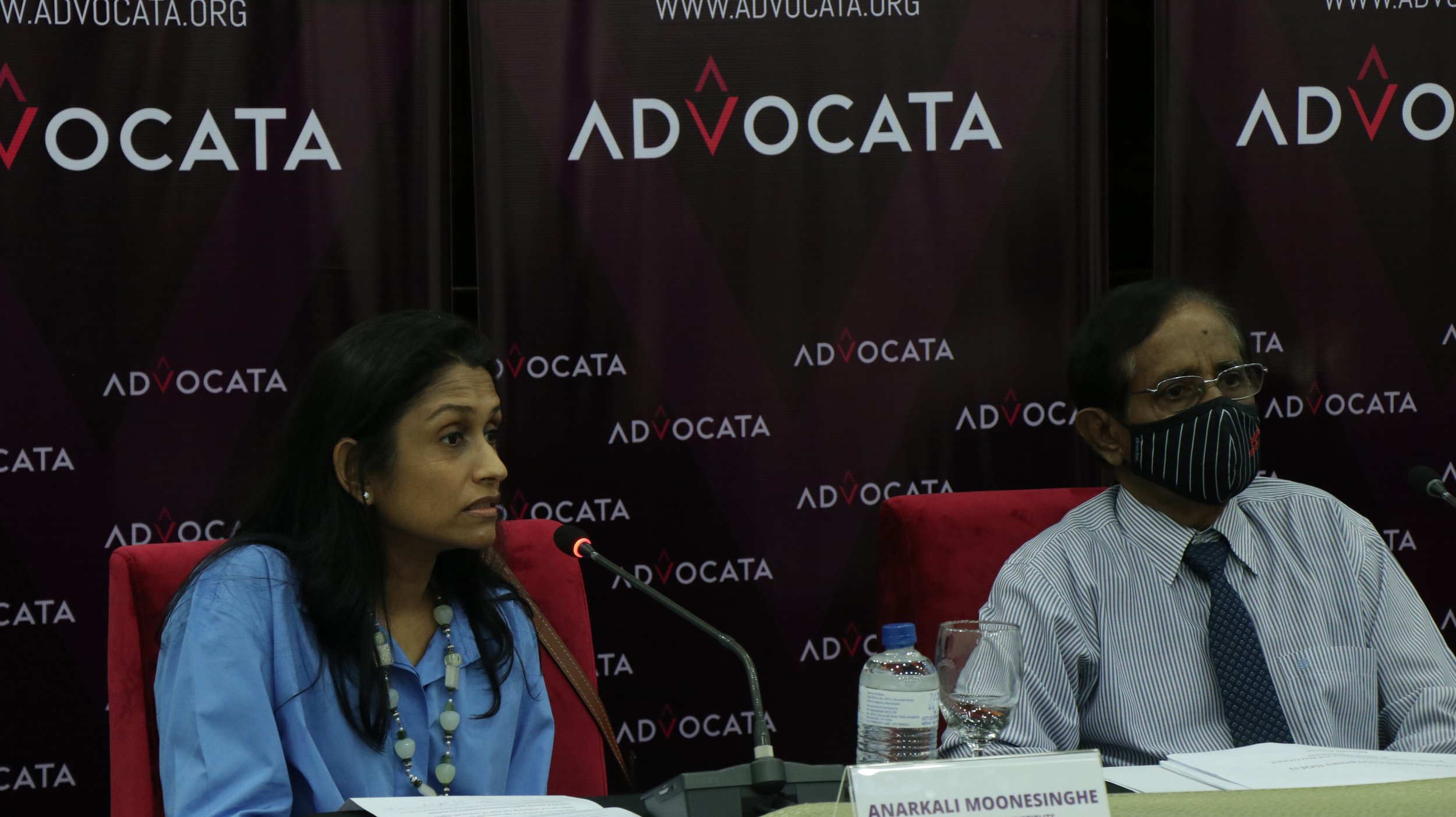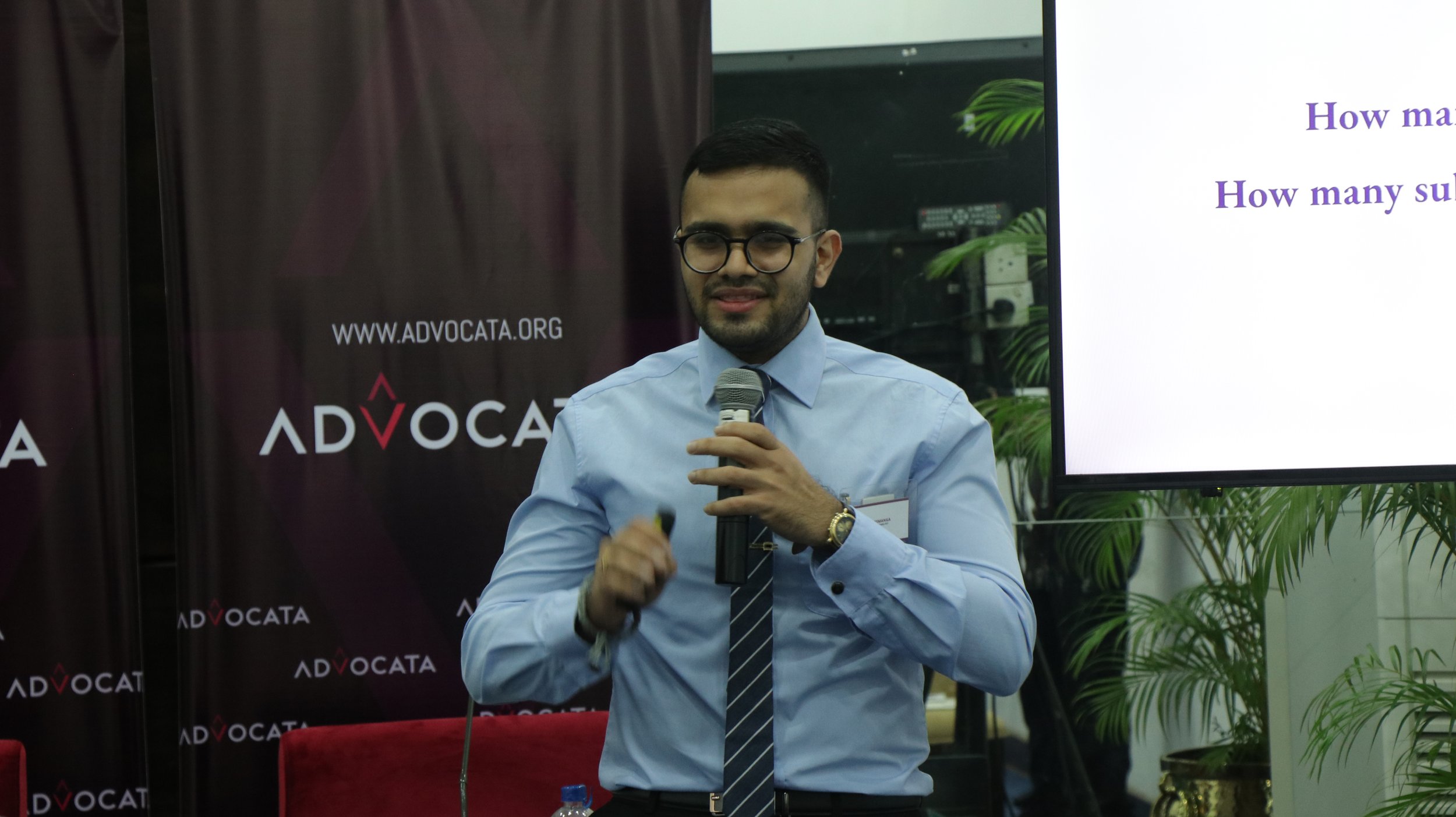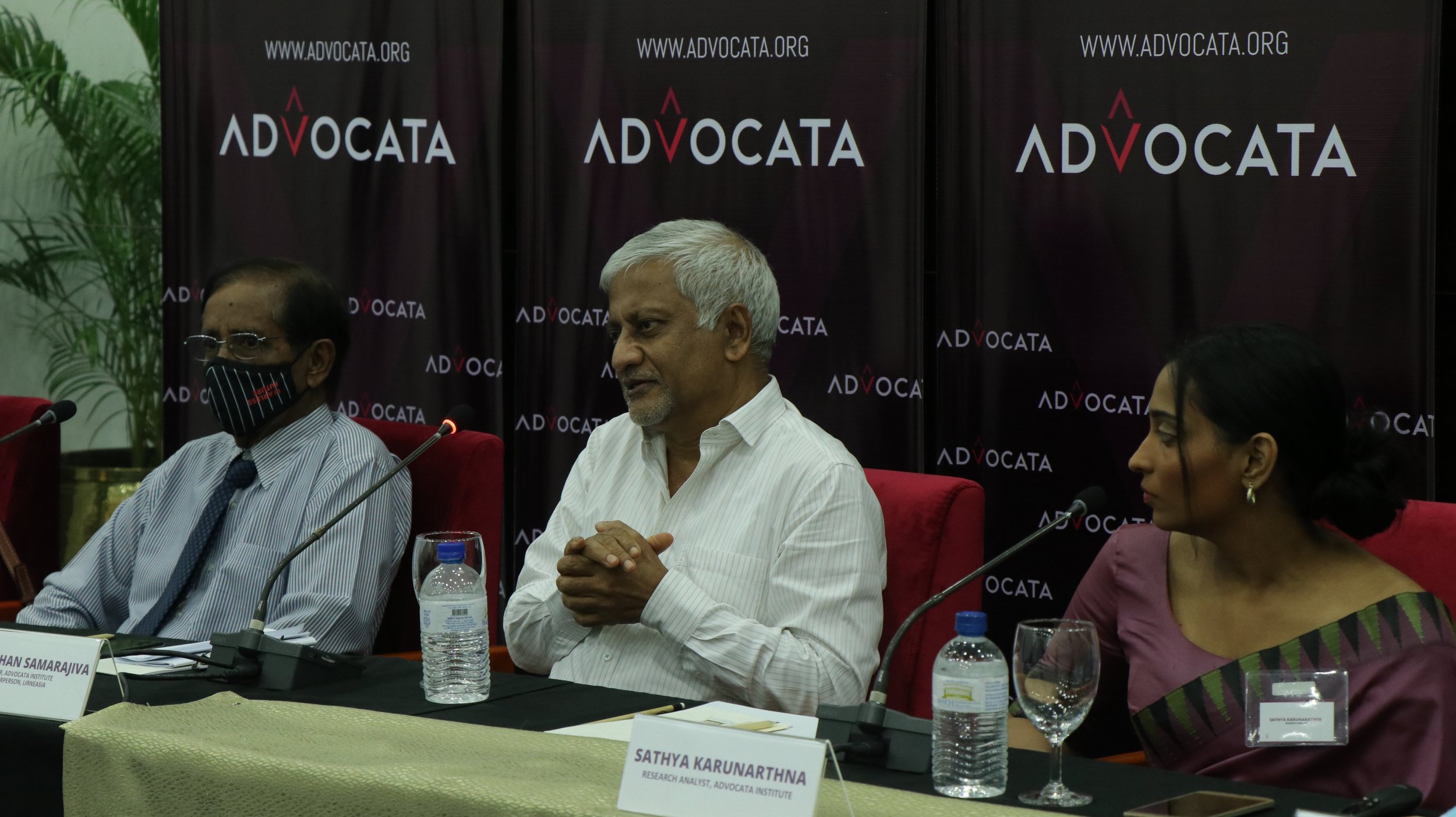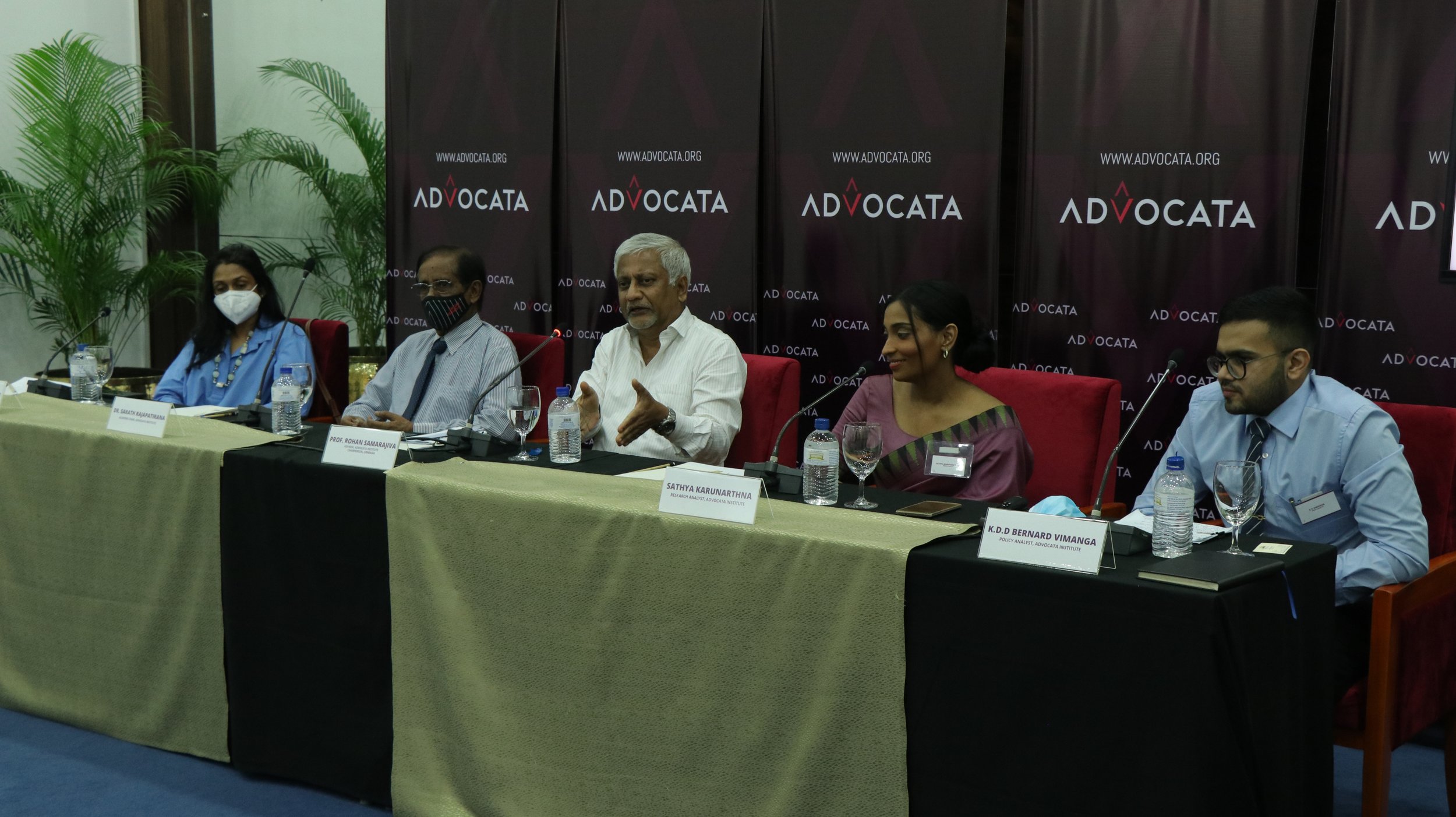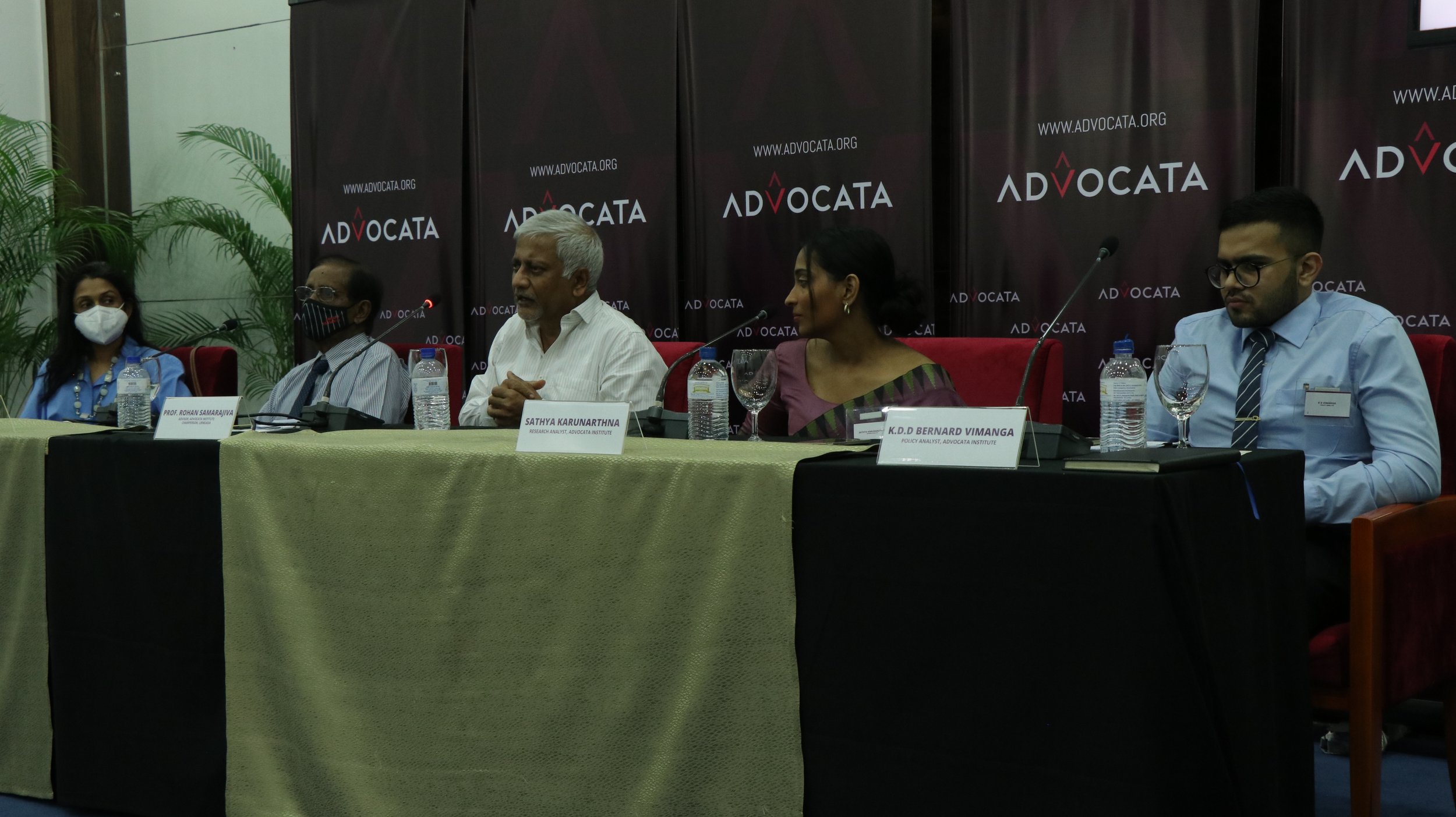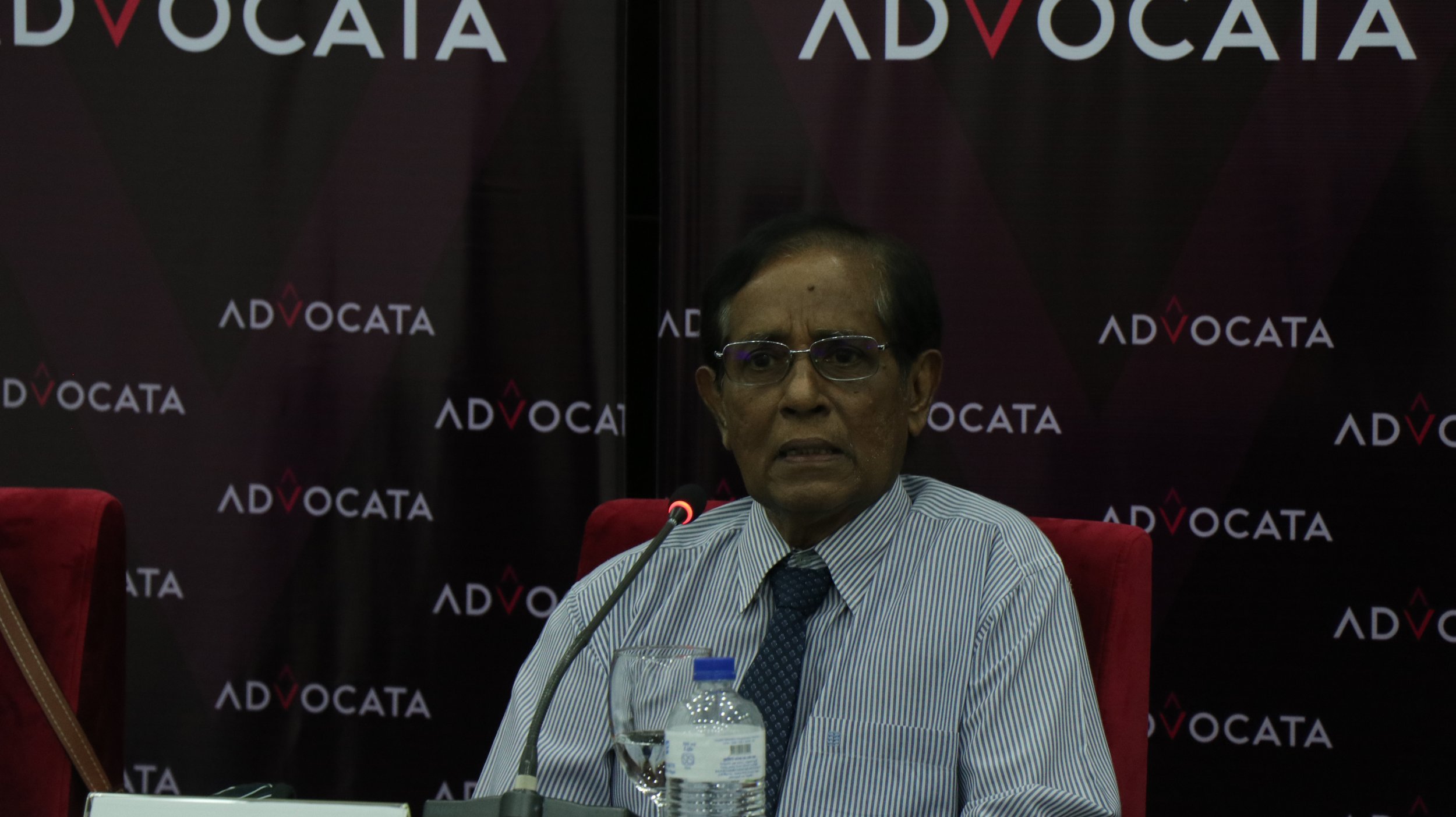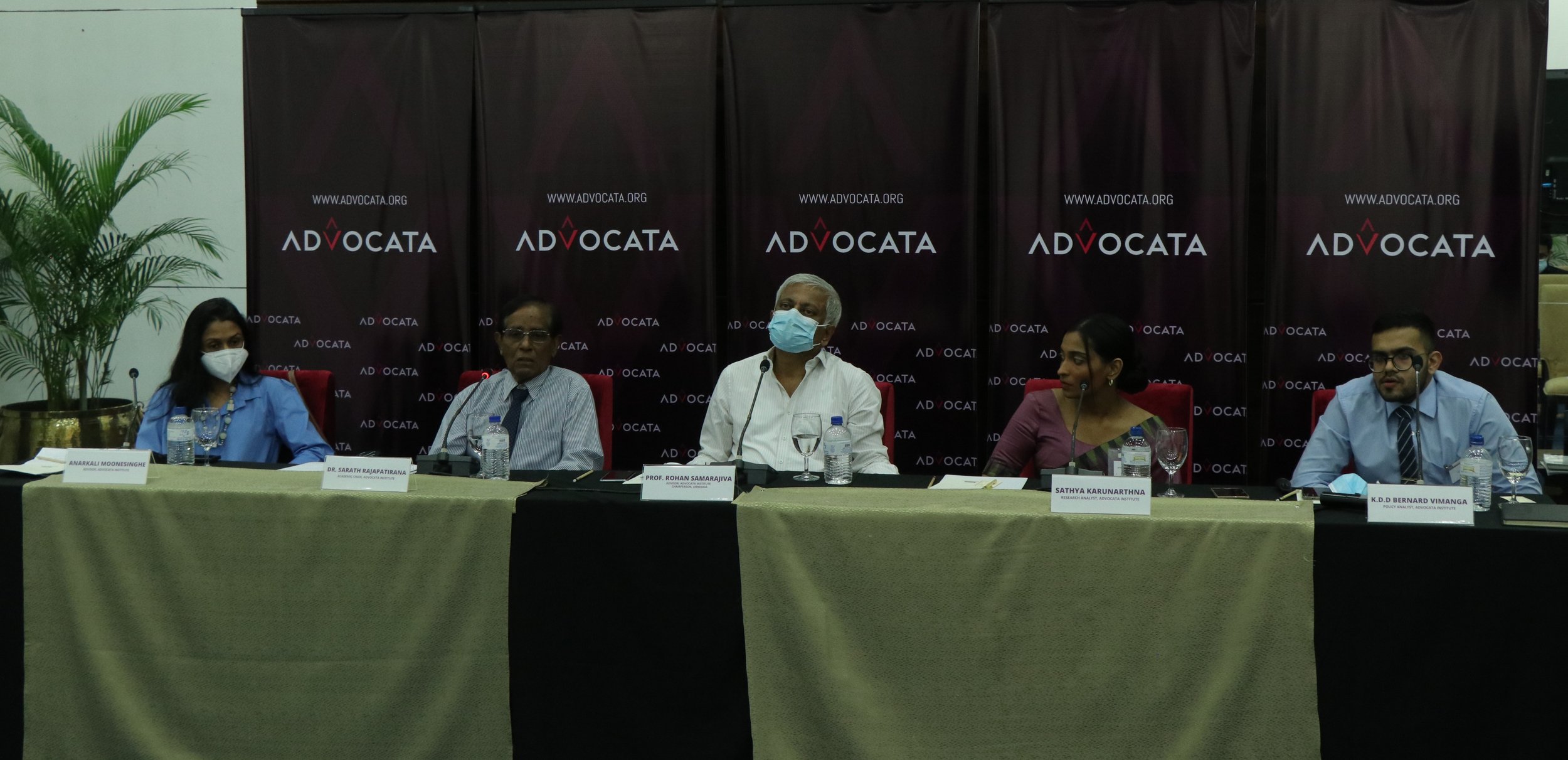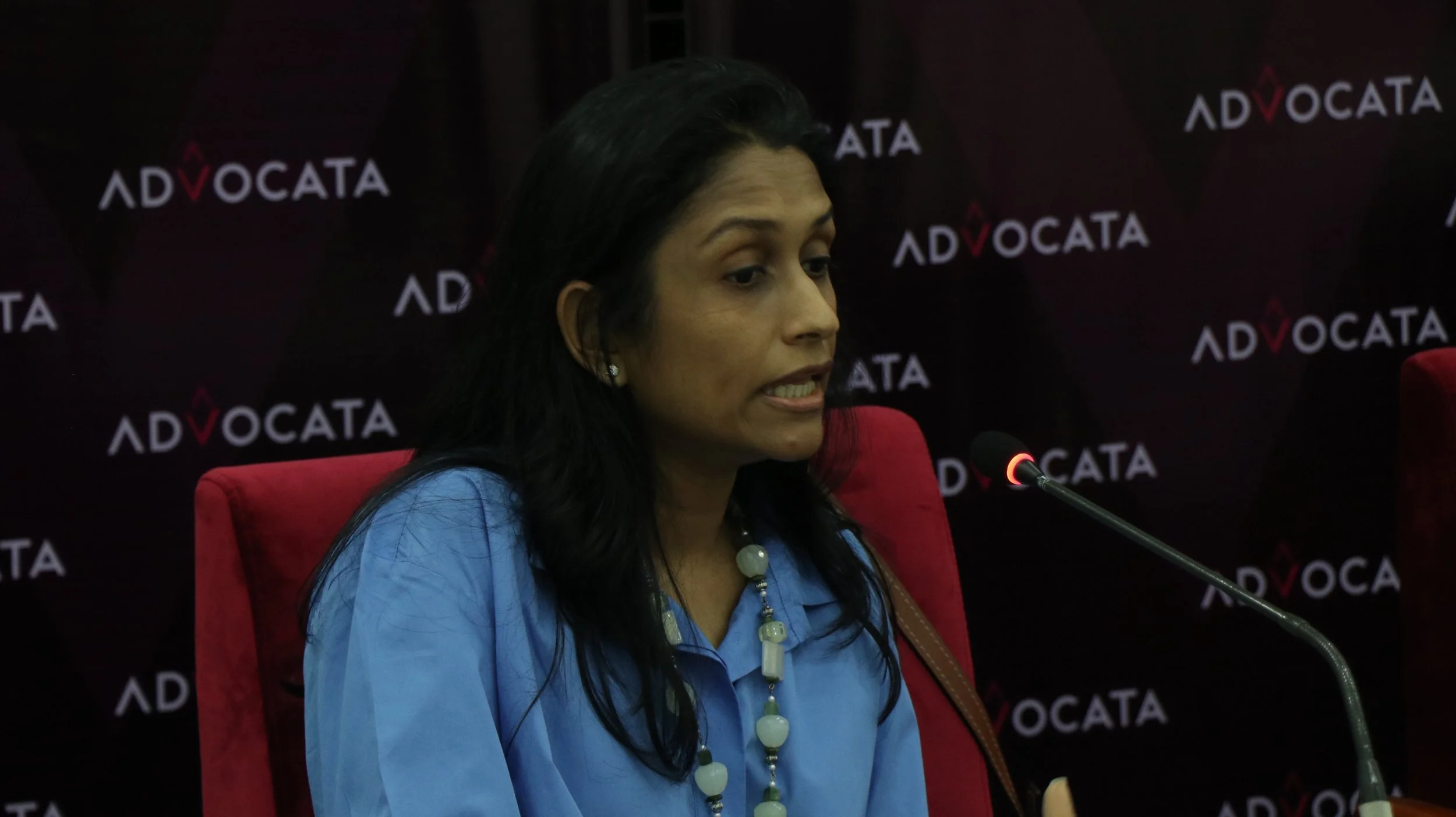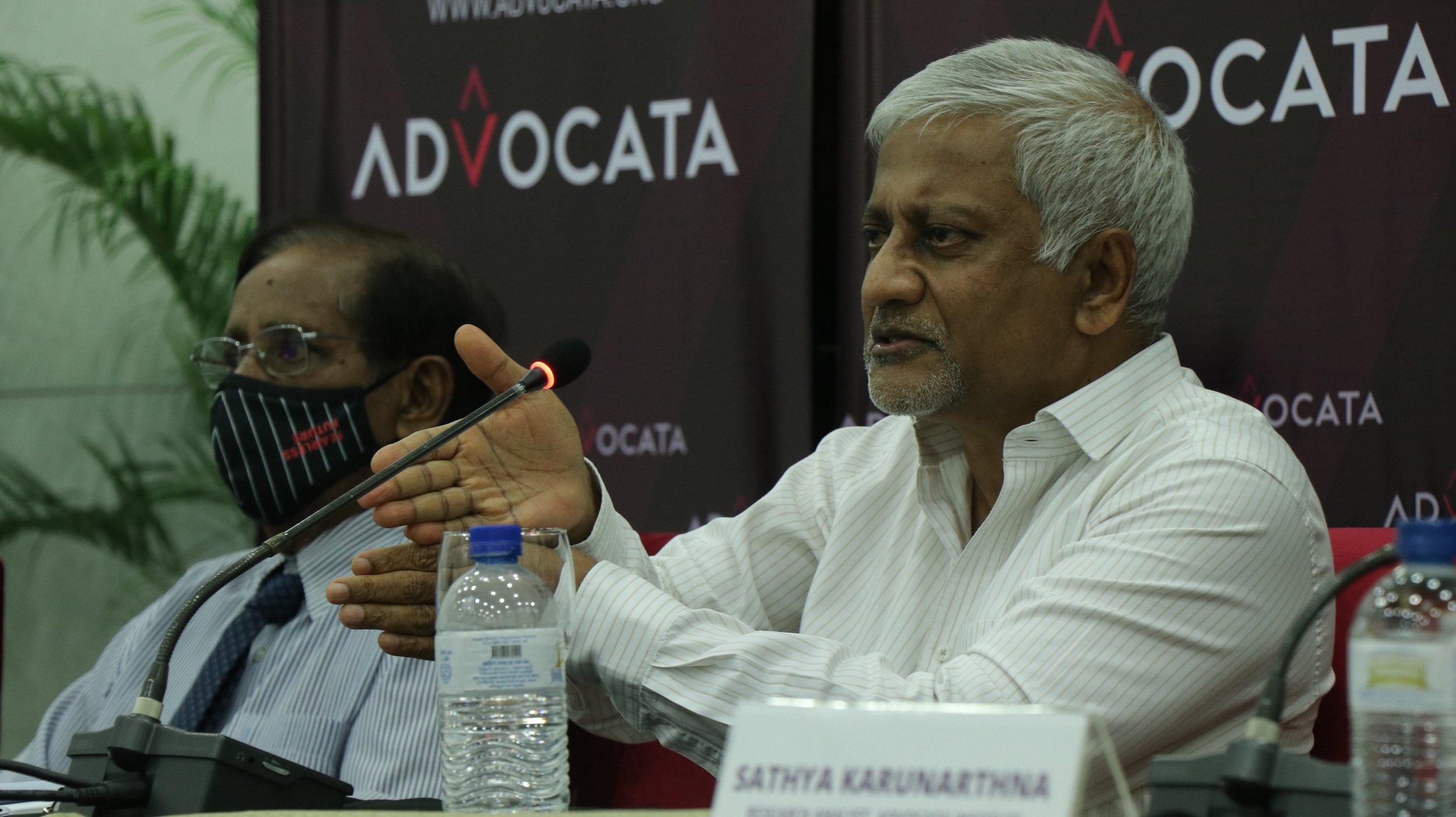Originally appeared on Daily FT, Ada derana Biz , Sunday Observer and The Sunday Island
Privatisation is the need of the hour.
Sri Lanka is already in one of the worst economic crises in its history. Experts warn that deep economic reforms are essential.
Reforming SOE's can curb further losses, which add to the fiscal deficit.
The Cumulative losses of the 55 SOEs from 2006-2020 is a staggering 1.2 trillion.
Disposing of State Owned Enterprises which are a burden on the public finances, is the crucial need of the hour.
Immediate privatisation of large State Owned Enterprises, will build international investor confidence.
“Big, ponderous, Government enterprises are not responsive to our needs. And because they’re not responsive, you will go home today and you will have a blackout of one hour, because they’re load shedding during peak hours,” said Prof. Rohan Samarajiva, a veteran policy expert and an advisor of the Advocata Institute.
He made these comments at Advocata’s press briefing, organised to highlight the urgency of carrying out reforms to State Owned Enterprises (SOE). “The basic issue is that we, in this country, are suffering from a twin deficit. We need to get started on addressing the core problem,” further stressed Prof. Rohan Samarajiva.
According to Prof. Samarajiva, privatising a globally visible, yet loss-making SOE, such as SriLankan Airlines is the best solution to create confidence among investors that Sri Lanka is serious about reforms.
Sri Lanka’s SOEs are a serious burden on public finances. With the economic crisis reaching a tipping point, it is becoming increasingly impossible to keep these loss-making enterprises afloat. The continuation to do so, at the expense of the taxpayer, can have serious consequences to the economic trajectory of the nation.
Advocata Institute’s research team has identified that the cumulative losses of the 55 SOEs from 2006-2020 is a staggering Rs. 1.2 trillion. The combined loss per day of the Ceylon Petroleum Corporation, the Ceylon Electricity Board, SriLankan Airlines, Sathosa and the National Water Supply and Drainage Board is approximately Rs. 384,479,189, according to data for the year 2019.
This is at the backdrop where the country is wading through a serious debt crisis with questions surrounding the ability to meet forthcoming debt obligations. The briefing brought together a panel of industry experts who raised alarm bells on why Sri Lanka cannot afford to be complacent about SOE reforms anymore.
Prof. Rohan Samarajiva further explained the seriousness of this issue along with how privatisation can achieve positive outcomes for the country. “In 1997, Sri Lanka Telecom was making losses and providing bad services. Today, after privatisation, it is providing us with good services and employment and double of what they were earning. It is also providing the Government with a dividend which generated billions to the Government.” He highlighted that the country has no other alternative to prevent the haemorrhaging losses of SOE apart from privatisation.
“Privatisation is not a one-size-fits-all model. It is different in different countries and sectors, as seen in the telecommunication industry in Sri Lanka. With a good regulator we can have competition, leading to greater efficiency and making technology accessible to the common public,” commented Advisor to the Advocata Institute Anarkali Moonesinghe.
She further elaborated that possible avenues for privatisation that can be considered include the listing of SOEs in the stock exchange. According to Moonesinghe: “Our stock market could use large capital companies that are owned by the Government today.
“It not only gives people ownership but also broadens ownership by giving the average person an opportunity to become a direct stakeholder to these enterprises. This can be a better option than attaching the person through taxpayer money or having your EPF/ETF being taken into these enterprises,” thereby describing the merits of listing.
Advocata Academic Chair Dr. Sarath Rajaptirana said that the present crisis makes two choices available to the country, which is “reform or perish”. He highlighted the urgency of implementing structural reforms.
He further commented that the key issue with SOEs lies in productivity. “For over 30 years, Sri Lanka’s total factor productivity was less than 1%. This is in severe contrast to countries such as South Korea and Vietnam, where a jump in productivity is experienced today which we were never able to maintain. If you want permanent change in the GDP rate, you need to have productivity increase,” said Dr. Rajaptirana.
The recording of the media event can be found at advocata.org.


